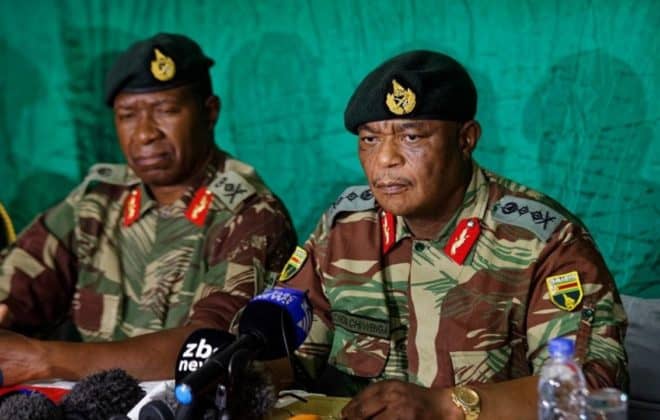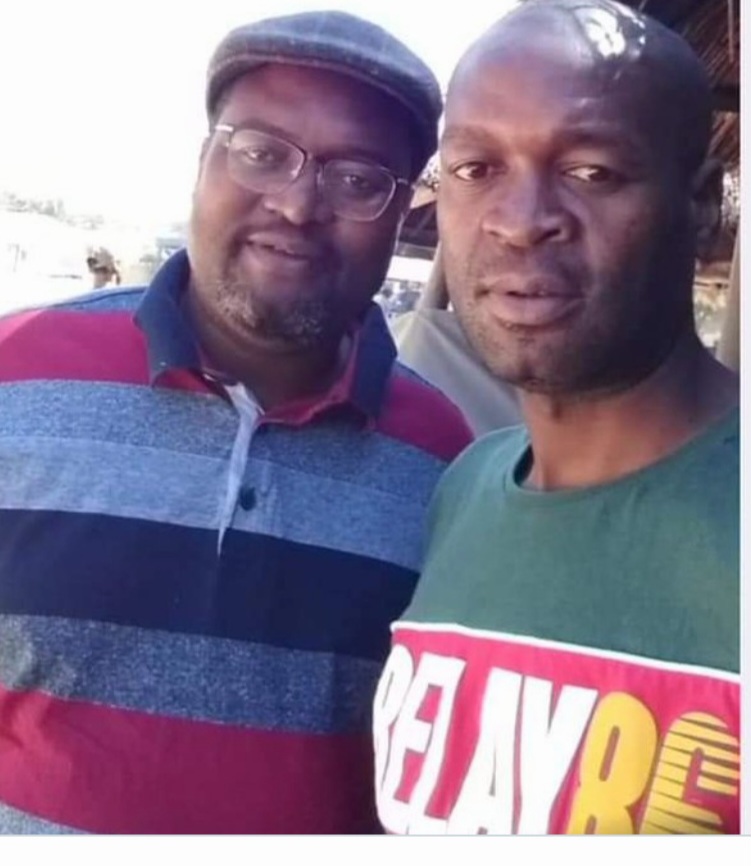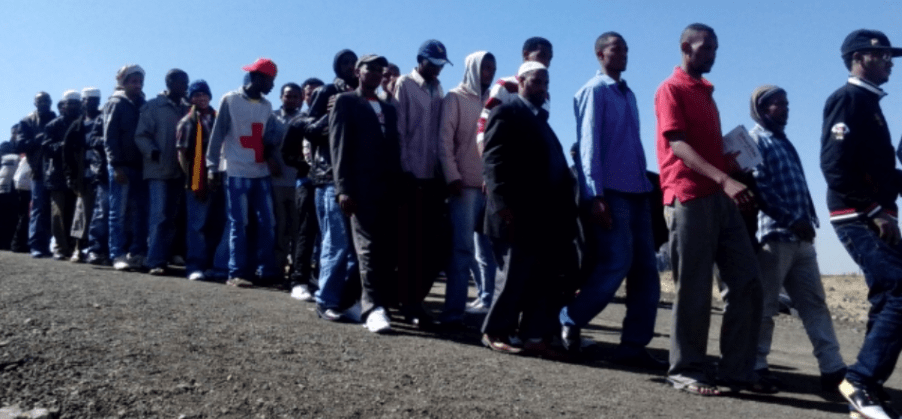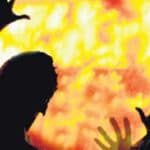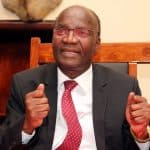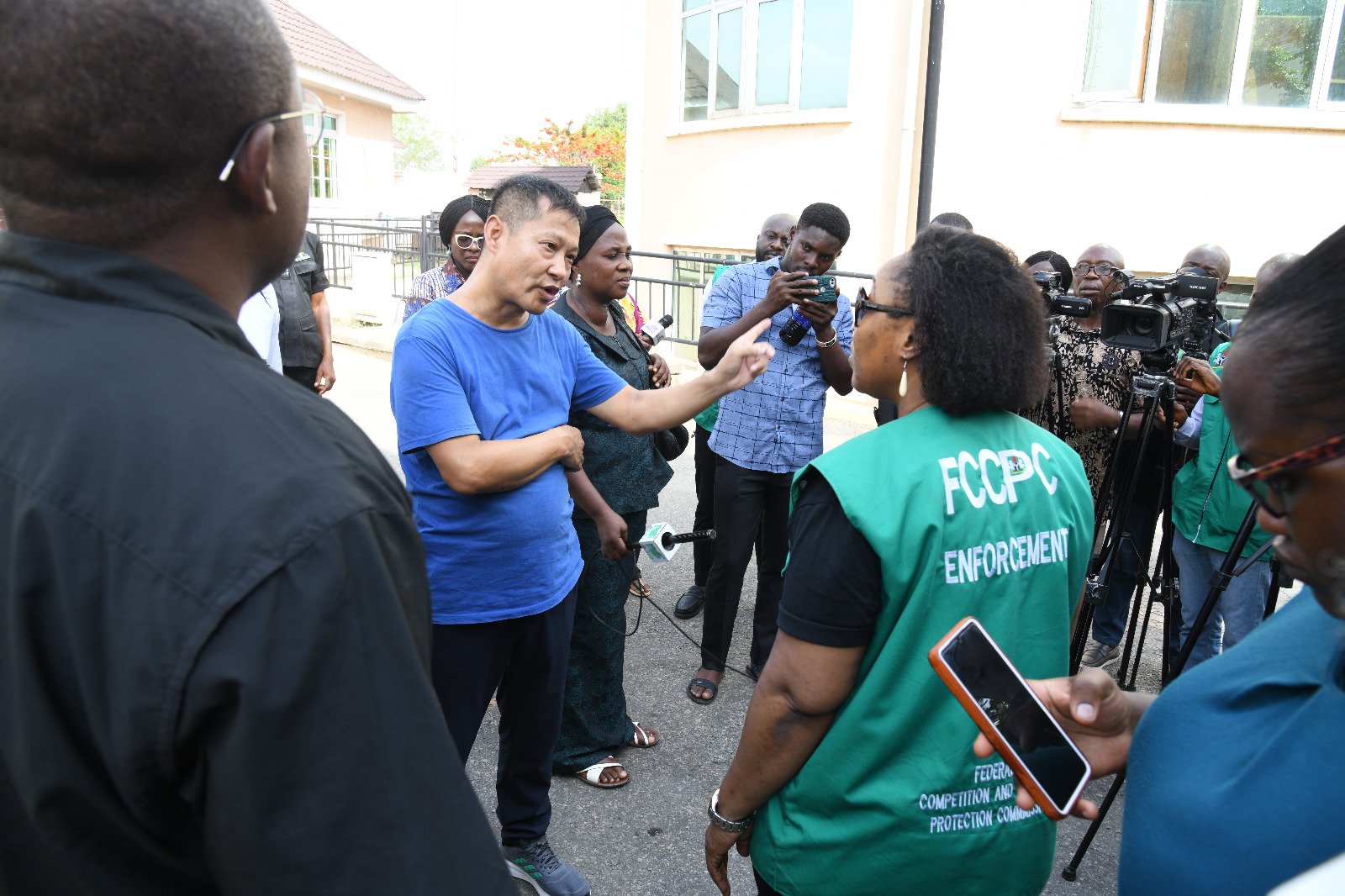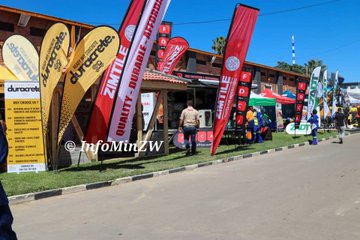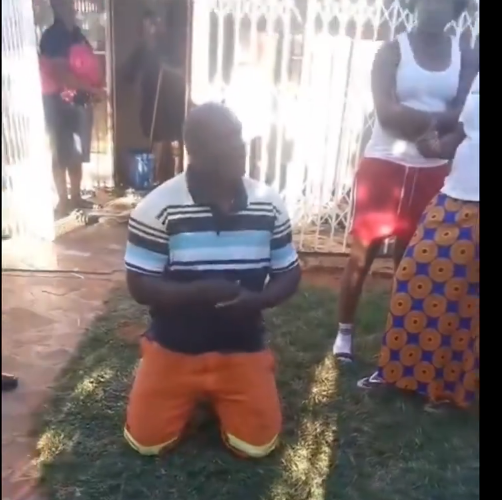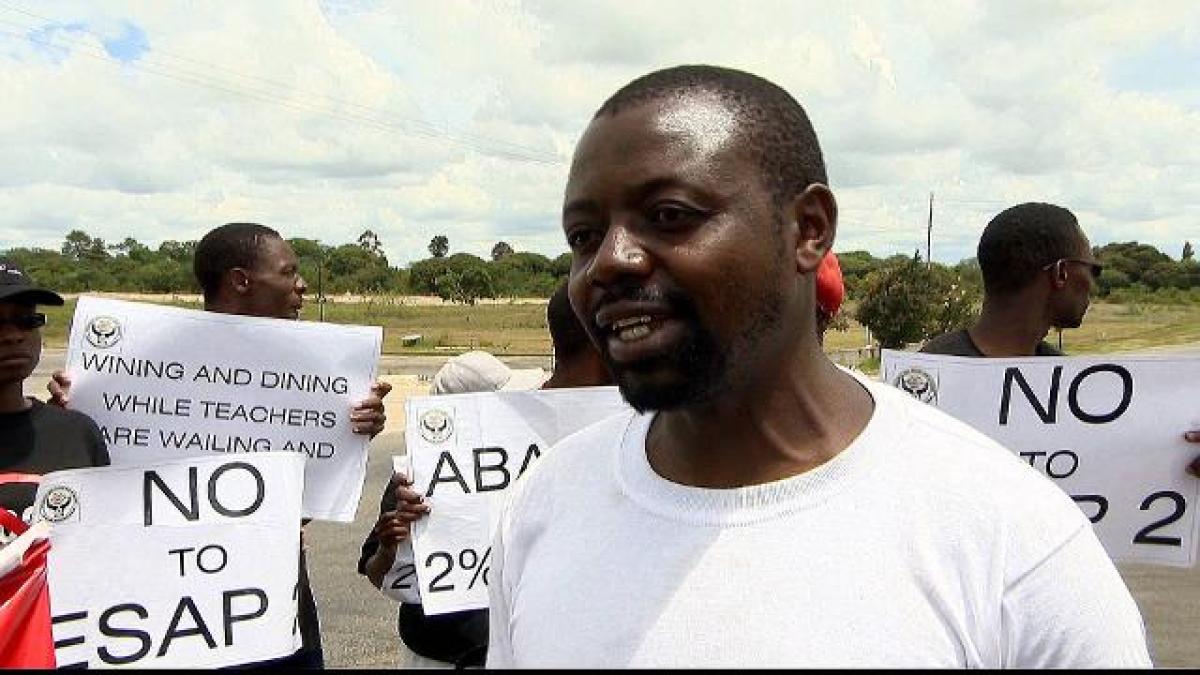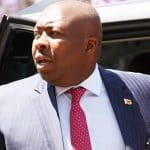ZIMBABWE’s military top brass has told President Emmerson Mnangagwa to step down or risk another coup which is simmering within the army’s middle ranks, former Cabinet minister Jonathan Moyo claims in his latest interview.
Mnangagwa “knows that it’s time to go” and he is reportedly demanding at least US$10 million, immunity from prosecution and a “presidential status that includes a modest motorcade.”
General Chiwenga was sent by army chiefs to convey the message to a vacationing Mnangagwa last month, and the 77-year-old is “warm” to a deal that secures protection for him and his family, Moyo added.
Moyo told Itai Mushekwe of Spotlight News in an interview published Wednesday that Mnangagwa’s two-year rule “has been particularly shaky since November 2019” when he claims the Zanu PF leader “foiled an insurgency by army elements against his embattled administration.”
Moyo claims Mnangagwa’s exit under the deal offered by military chiefs, which he described as a “palace coup”, would have “a semblance of a State House resignation”.
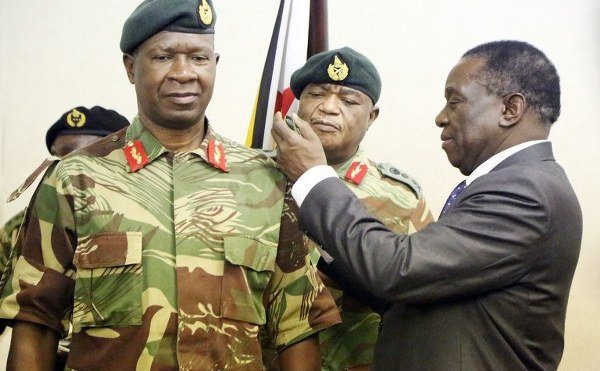
Sibanda, Chiwenga, Mnangagwa
Below is an excerpt from the interview which highlights how Mnangagwa will soon handover power:
A coup against Mnangagwa remains possible; especially one from the lower and middle ranks of the military who are experiencing the same hardships that are destroying the livelihoods of ordinary people. But such a coup, although quite possible, is unlikely because the generals are aware of its possibility and have been working very hard to supress it by all sorts of means, including running ahead of it by piling pressure on Mnangagwa to persuade him to go peacefully or risk being removed violently.
Rather than being removed in an outright military coup as was witnessed in November 2017, Mnangagwa is likely to be removed in one or the other of two possibilities. First, there’s the possibility of a palace coup which would have the semblance of a state house resignation produced by a negotiated deal whose package would include a two-digit multimillion United States dollars, immunity from prosecution and a presidential status that includes a modest motorcade. Mnangagwa has been warm to such a deal, since his Kwekwe chat with Chiwenga but his cronies and cartelists are not happy with it. Already, the likes of Kuda Tagwirei have become regular if not daily visitors at State House with whispers that they are assessing possible arrangements and budgets for Glens and Biddulphs removal options, should an emergency arise for Mnangagwa and family to quickly exit State House in a negotiated departure.
The other possibility, which has been simmering in the body politic for some six or so months now, is a popular revolution through which the people will take to the streets and demand change. In November 2017, military tanks come out in the streets in the name of change and they were embraced and celebrated by the people. Later, the same military tanks turned their guns on the people and rolled over them on 1 august 2018 and on 14 to 28 January 2019.
Now the tables are starting to turn; it’s the people who are palpably ready to come out in the streets to demand change. The burning question of the moment is whether the military tanks will return the favour and embrace the people, this time round. This is going to be the final test for the tanks: will they embrace the people the day the people come out in the streets, as they might do soon and very soon? The clock is steadily ticking and tocking.

